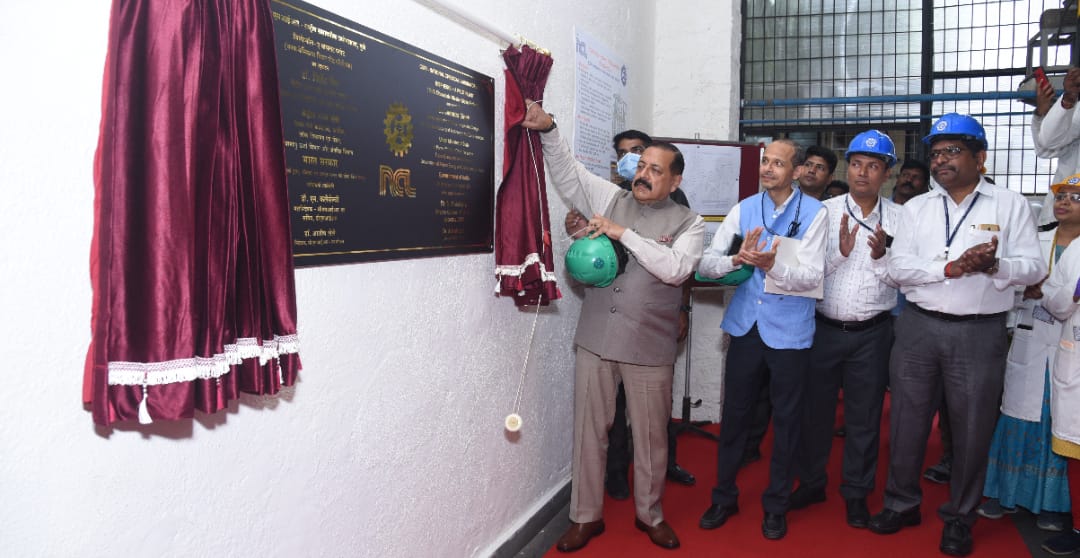The uniqueness of the method developed by CSIR-NCL is a novel downstream process technology, which makes this indigenous technology competitive with global benchmarks. This technology will enable import substitution of this essential raw material and help in India’s Atmanirbhar initiative. The process is ready for technology transfer and further co-development to a commercial scale.
Union Minister Dr. Jitendra Singh, in his address, highlighted the role of CSIR in innovations and in setting up the start-ups and promoting them. He talked about the key initiatives the government has taken up, including the Digital Health, Hydrogen Mission, Aroma Mission, Deep Ocean Mission, etc., which have laid the road map of new India.
He pointed out that we must revisit our approach to understand how we cultivate and sustain in the coming times and strengthen the start-ups. India is a heterogeneous country, and it is time to link academics, research, and industry. Agri-Tech start-ups are not sufficiently emphasized and are hugely unexplored in the country. Youngsters today realize these unknown areas’ potential for a better career. He asserted that the Bioeconomy would be one of the main pillars of the Economy of India when we talk of the next twenty-five years.
Dr. Ashish Lele, Director, CSIR-NCL, gave away the welcome remarks. He highlighted the significant contributions made by the lab in the fields of Green Chemistry, Agro-Techniques, Circular Chemistry, and Biochemical Research.
Dr. Jitendra Singh also visited KPIT Ltd. and inspected the Fuel Cell bus and the facilities. The first truly indigenously developed Hydrogen Fuel Cell Bus was demonstrated last year at the Sentient Labs, an R&D innovation lab, built on technologies incubated by KPIT Technologies Ltd. Sentient Labs demonstrated India’s first truly indigenously developed Hydrogen Fuel Cell Bus. The Hydrogen Fuel Cell Technology has been developed in collaboration with CSIR (Council of Scientific and Industrial Research)-NCL (National Chemical Laboratory, Pune) and CSIR-CECRI (Central Electrochemical Research Institute, Karaikudi).

